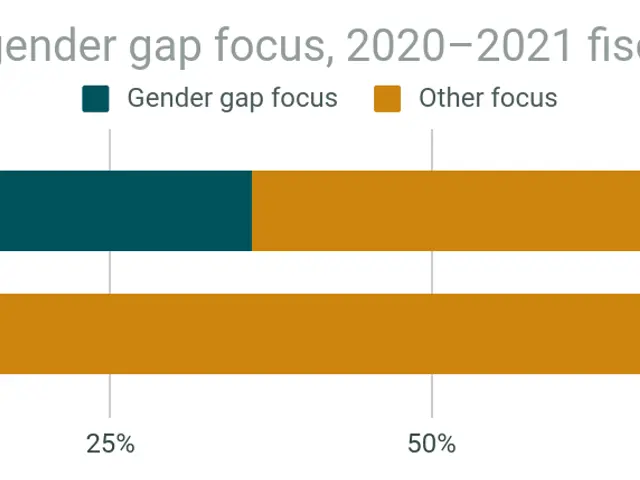Discussion with Frank Floor: Identifying the Three Major Obstacles Impeding the Expansion of Esports Betting
The global esports betting market, currently valued at approximately 0.51 billion dollars in 2024, is projected to surge to 2.41 billion dollars by 2033. This growth is fueled by the rising popularity of video games, increased live sports streaming, and expanding league infrastructure.
However, the esports betting landscape is not without its challenges. Known as the 2024 esports betting blockers, these obstacles include regulatory, legal, and integrity issues that hinder the growth and safe operation of esports betting.
One of the primary concerns is the prevalence of illegal betting sites and access restrictions. Many unauthorized or illegal online gambling sites offer esports betting, often violating national laws. Regulatory bodies such as the Australian Communications and Media Authority (ACMA) are addressing this issue by actively blocking illegal gambling sites.
Another challenge is the regulatory fragmentation and legal ambiguity that exists worldwide. Some countries lack clear regulations, considering esports outside traditional sports regulations. Jurisdictions like the UK, Malta, and Isle of Man have implemented specific licensing frameworks for esports betting, while the US states individually regulate sports betting, including esports.
Match-fixing undermines integrity in esports, but the fragmented esports ecosystem complicates detection and prosecution. Organizations like the Esports Integrity Commission (ESIC) act as centralized watchdogs, monitoring betting irregularities and working with law enforcement agencies like the FBI.
Consumer protection and responsible gambling are also critical concerns. Risks of problem gambling, especially among young esports fans, and a lack of uniform protections across platforms and regions are being addressed through measures like stake limits, deposit limits, bonus restrictions, and mandatory contributions to gambling harm prevention.
Addressing these challenges involves a multi-faceted approach. It includes blocking illegal/unlicensed operators, establishing clear licensing and regulatory frameworks globally, implementing integrity measures, and enhancing consumer protections. These efforts aim to make esports betting safer, more transparent, and sustainable as the industry continues to grow internationally.
Cody Luongo, head of communications for Rivalry, notes that the average esports fan is typically younger than traditional sports bettors, coming in around 30-years-old, and many are first-time bettors, creating a barrier to entry.
Despite these challenges, esports betting is becoming a vital contributor to growth in emerging markets like Brazil and Southeast Asia. Operators who adopt responsible frameworks can mitigate reputational risks while helping normalize esports betting as a legitimate part of the industry. However, esports lack consistent oversight, leading to fewer safeguards, particularly in lower tier events.
Asia Pacific is also expected to have a sizable market share in esports betting. Europe is projected to dominate the esports betting market share due to the widespread use of technologies across safety rules and guidelines for offline and online betting.
These measures are gradually reducing manipulation risks and building trust among bettors. However, 15% of survey respondents are hesitant to bet on Esports due to concerns about manipulation. 33% of prospective esports bettors are hesitant to engage in betting due to a lack of familiarity.
In conclusion, while the esports betting market faces challenges, efforts are being made to address these issues and ensure a safe and sustainable growth for the industry.
References: 1. ACMA (2021). Blocked websites list 2. Esports Insider (2021). Regulation and compliance in esports betting 3. Esports Insider (2021). ESIC’s role in fighting match-fixing in esports 4. Gambling Commission (2021). Safer gambling measures
- The proliferation of casino-gambling, particularly in esports betting, is not confined to traditional casino-games, extending to numerous esports events worldwide.
- As the esports betting market grows, sports-betting operators are increasingly focusing on offering casino-games and sports-betting options together, aiming to cater to a broader demographic.






